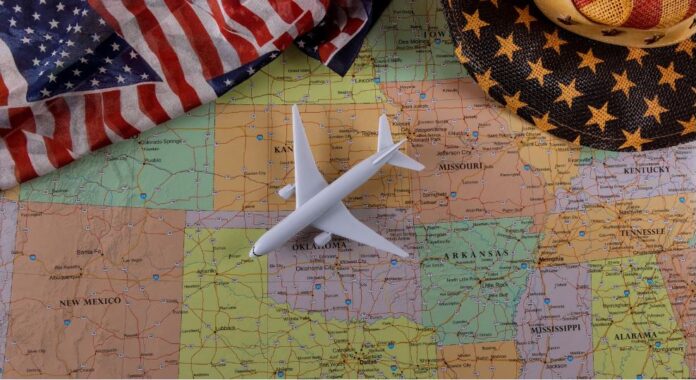A coalition of unions, employers, and religious organizations filed a lawsuit on Friday in federal court in San Francisco, seeking to block President Donald Trump’s executive order imposing a $100,000 fee on new H-1B visas for highly-skilled foreign workers.
The lawsuit, the first to challenge the proclamation announced by Trump two weeks ago, argues that the president’s authority to restrict foreign nationals’ entry does not extend to overriding the law that created the H-1B visa program.
The plaintiffs include the United Auto Workers union, the American Association of University Professors, a nurse recruitment agency, and several religious organizations. They argue that Trump’s move to impose the fee exceeds his constitutional authority, as it involves taxation or fee imposition, which they contend is reserved for Congress.
White House spokeswoman Abigail Jackson defended the administration’s actions, stating that the fee aims to discourage misuse of the H-1B program and protect American wages while providing clarity for employers needing skilled foreign talent.
The H-1B visa program allows U.S. employers to hire foreign workers in specialty fields, with technology companies being major beneficiaries. Critics claim that H-1Bs are used to replace American workers with cheaper foreign labor, while business groups argue they are essential to addressing a shortage of qualified U.S. workers.
Under Trump’s order, employers sponsoring new H-1B recipients must pay an additional $100,000, while existing visa holders or applicants filed before September 21 are exempt. The president has argued that the program, which has facilitated the entry of lower-wage workers, threatens U.S. economic and national security by displacing American workers and discouraging pursuit of careers in science and technology.
The lawsuit challenges Trump’s authority to alter the H-1B program unilaterally, asserting that such changes should be made through legislation by Congress. The plaintiffs also argue that the imposition of exorbitant fees could stifle innovation.
The H-1B program allocates 65,000 visas annually for temporary foreign workers in specialized fields, with an additional 20,000 for those with advanced degrees. Last year, India received 71% of the approved H-1B visas, followed by China with 11.7%, according to government data.




